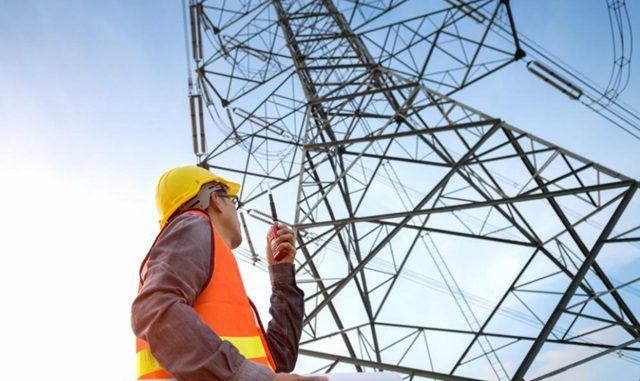BTN News: A heated dispute has erupted over the ongoing energy supply crisis affecting Colombia’s Caribbean region. At the center of the controversy is Air-e, one of the region’s primary energy providers, which faces criticism from Acolgen, the country’s association of electricity generators. As the crisis deepens, Acolgen accuses Air-e of mismanagement, while Air-e deflects blame onto the government and market dynamics. This conflict has brought to light significant concerns over energy pricing, regulatory actions, and market transparency, leaving millions of residents in the Caribbean region grappling with high tariffs and unreliable power supply.
Air-e vs. Acolgen: Who’s Responsible for Rising Energy Costs?
The energy crisis in Colombia’s Caribbean region has been compounded by rising electricity tariffs and inconsistent power supply, with Air-e’s role coming under scrutiny. According to Acolgen, Air-e, unlike its counterpart Afinia, opted to recover accumulated costs more aggressively through the “Opción Tarifaria” over a single year. This decision led to a dramatic increase in user charges, with costs soaring over 260 pesos per kilowatt-hour, doubling the rates compared to the country’s interior.
“The explanation for the steep hike in tariffs for users in the Atlántico is due to Air-e’s decision to expedite cost recovery,” Acolgen stated. This rapid recovery strategy is presented as a stark contrast to the slower approach taken by other companies and has become a focal point of public and governmental debate.
Government Intervention: A Possible Solution?
Acolgen has suggested that the Colombian government could mitigate the energy crisis by injecting capital into all energy companies, including Air-e and Afinia. This financial support could stabilize the energy market, improve the financial health of these companies, and alleviate the burden on consumers, especially those most affected by the crisis.
The Controversy Over Energy Market Manipulation
A further point of contention is the allegation made by Air-e’s legal representative, Jaime Lombana, that manipulation within the energy market is driving up costs. However, Acolgen, citing data from XM, the market operator, has refuted these claims. They clarified that in 2024, only 8% of the energy Air-e provided to users was purchased at volatile “spot market” prices, while the remaining 92% came from contracts with fixed rates.
“The claim of market manipulation is unfounded and lacks evidence,” Acolgen argued, pointing out that fluctuations in energy prices are largely dictated by Colombia’s hydrological cycles. Prices tend to rise during dry spells due to increased reliance on more expensive thermal generation, and drop when water resources are abundant.
Energy Prices and Hydrological Cycles: Understanding the Real Drivers
Addressing the broader claims of price manipulation, Acolgen emphasized the natural variability of energy costs based on hydrological conditions. “Energy prices reflect water availability,” the association noted, explaining that prices increase when water is scarce and thermal plants must compensate, given the higher costs associated with fuel-based power generation.
The Colombian government’s oversight body, the Superintendencia de Servicios Públicos, has also found no evidence of market manipulation, corroborating Acolgen’s stance.
A Way Forward: Collaboration and Financial Support Needed
Acolgen and other stakeholders continue to work closely with the government and local companies, such as Air-e and Afinia, to explore viable solutions for stabilizing energy supplies in the Caribbean region. The proposed government capital injection could help restructure debt and improve the financial health of these companies, ultimately benefiting consumers who have been hardest hit by the crisis.
“There are still significant issues to address in the Caribbean coast,” Acolgen concluded, underscoring the need for sustained efforts to resolve outstanding debts and implement long-term strategies for reliable energy supply.
Conclusion: Finding Common Ground Amidst Controversy
As the debate continues, it is clear that Colombia’s energy crisis in the Caribbean region requires both immediate and long-term solutions. While accusations fly between Air-e and Acolgen, the government’s role in providing financial support and market oversight remains crucial. For now, millions of residents await clarity and relief from rising costs and uncertain power supply.


